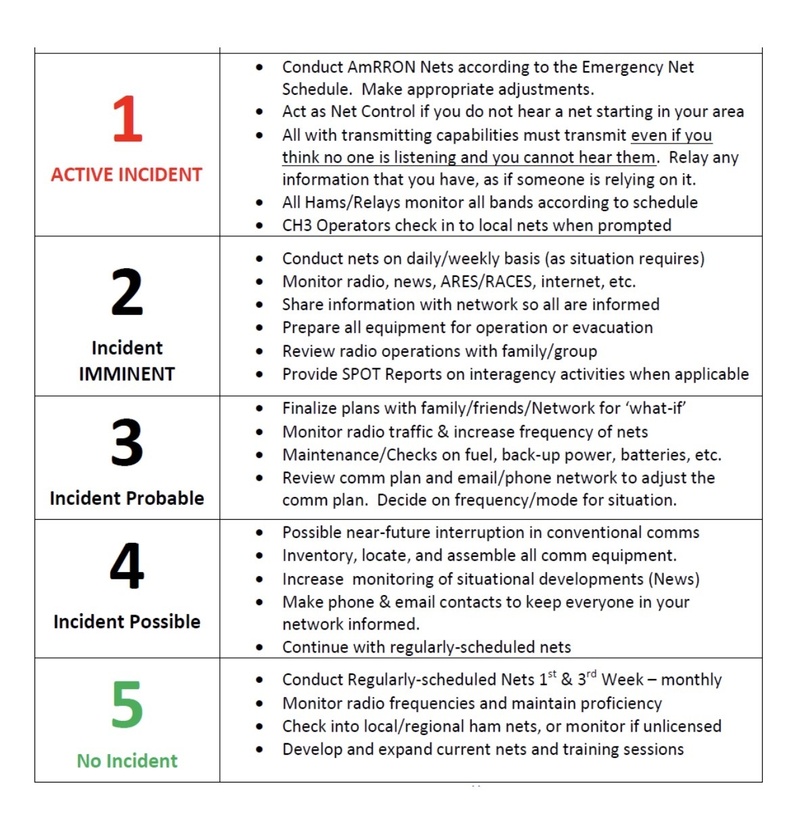
We know what’s coming and we are prepared.
So what can we say this morning about the state of the negotiations?
Contrary to various reports throughout the day, the deal is not yet finalized. However, there is genuine optimism in Israel that an agreement could be reached in the near future. A political source commented last night: "We are in advanced stages but not yet at the final stages - the Hamas leadership in Gaza has not yet responded to the outline, and the list of hostages has not yet been received."
The outline, which is relatively detailed, was negotiated with the Hamas leadership in Qatar and discusses the release of 33 humanitarian hostages in the first phase of the deal. This definition includes all women, both civilian and military, children, men over the age of 50, men with serious injuries or medical conditions, as well as Abra Mengistu and Hisham al-Sayed, who were kidnapped before the war.
Hamas has shown significant flexibility regarding the number of hostages - initially demanding about 12, gradually increasing to 15 and then 18, and now agreeing to a larger number, with Israel insisting on 33. None of the abductees on this list are defined as casualties, though there are serious concerns about the fate of several. However, it is estimated that most, possibly even the vast majority, are still alive.
According to the outline, the release of the abductees in the first phase will occur in stages over a six-week ceasefire, beginning 48 hours after the deal is signed with the release of non-military abductees. In exchange, Israel will release over a thousand terrorists, including at least 200 murderers - the final numbers will depend on the number of abductees released.
Serious murderers and terrorists will not be released into Judea and Samaria but rather into the Gaza Strip or a third country like Algeria or Qatar. After 16 days from the start of the first phase's implementation, detailed negotiations for the second phase, which should include the release of the remaining hostages, will commence. This implies no prior Israeli commitment to end the war (in my opinion, the deal could falter on this point). As I understand it, Israel even sought an American commitment to resume fighting if necessary, but Jerusalem has not approved this.
A political source notes that, unlike past instances where Hamas engaged in "facade negotiations," the current negotiations seem authentic. According to him, Hamas's flexibility stems from various pressures: the elimination of Sinwar, intense military pressure in northern Gaza, fear of an IDF maneuver in Gaza City, Trump's threats to "bring hell" to Gaza (which might also affect humanitarian aid), and the weakening of the Iranian axis.
The source further stresses that while the first phase focuses on humanitarian hostages, the negotiations encompass all hostages, and Israel will not fully withdraw from Gaza until the last one is released. To this end, Israel will maintain some strategic assets - both geographical and key terrorist figures - at this negotiation stage.
The IDF will keep a presence around the Gaza Strip's perimeter and a minimal presence along the Philadelphi corridor. As the political source stated, "Israel will not fully withdraw from the Gaza Strip until the last hostage is released."
Regarding the return of Gazans to northern Gaza, this will be facilitated through corridors on the Netzarim axis. Security checks will not be conducted by the IDF but by a neutral entity under Israeli supervision. People of all ages, including those of combat age, will be allowed back. However, the issue of numerous weapon caches north of the Netzarim axis, which could rearm returning, unarmed terrorists, remains unresolved.
It is also noteworthy that Israel feels pressured by Trump's administration to reach a deal before his inauguration. According to a source involved in the talks, "Trump is eager to finalize a deal even before his inauguration, translating into pressure on Israel.”
——————
WHY NOW?
A piece worth reading:
So, what's going on with President Trump?
Let's delve into President Trump's mindset to understand his motivations and the reasoning behind his advocacy for this deal.
Throughout his election campaign, Trump promised to end the Russia-Ukraine conflict and secure the release of hostages held by Hamas before taking office. With only six days left until January 20th, there is no visible strategy to resolve the Russia-Ukraine war. Should the hostages remain unreturned by January 21st, Trump risks becoming a subject of ridicule and embarrassment, potentially undermining his credibility and the weight of his future pronouncements.
Regarding the deal, Trump is aware that releasing thousands of terrorists and returning control of Gaza to its residents, whom he might view with disdain, are problematic actions. However, becoming a figure of mockery is even more detrimental, not just to his ego but because it signals to Iran and its allies that his threats carry no weight. This could embolden them to act with impunity over the next four years. Therefore, he must first assert his dominance on the global stage to ensure compliance from all parties.
Once established as a formidable leader, Trump could collaborate with Israel to dismantle the Iranian nuclear program, neutralize the Houthis, and eradicate remaining Hamas and Hezbollah elements worldwide. For any violation by Hamas, he might permit Israel to occupy parts of Gaza; for each terrorist attack, he could allow annexation of Judea and Samaria territories, and potentially the Syrian Mount Hermon.
The challenge of recapturing all released terrorists would be significant, but navigating four years with a weakened and anxious Trump would be even more daunting. Israel must acknowledge Trump's role in the hostage release to gain his support for aggressive actions in the Middle East.
In an ideal scenario, one might hope Hamas rejects the deal, prompting Trump, on January 21st, to react with fury and allow Israel to act unilaterally against Middle Eastern threats without regard for international law. This would restore his image of strength. However, if Trump faces a 'no' from Israel on January 20th, he might be seen globally as another president unable to influence Israel, fostering not only his personal resentment but also international perceptions of his weakness, which could harm Israeli interests.
In conclusion, cooperation with this regrettable deal might be necessary. It would be imperative to then aggressively pursue the recapture of released terrorists and dismantle Iran and its proxies, leveraging Trump's support for a more assertive Middle Eastern policy.
This guy wrote a 25 line Python script he claims "can probably unredact all of the Epstein files in less than 30 seconds".
"I am not suicidal, I am a great swimmer, and I look forward to living my life well into my 80s."
Follow @RealWideAwakeMedia for more content like this!
Merch: https://wideawake.clothing
X | YT | IG | Rumble
US / Iranian Conflict
Raising to AmCON 3 (Incident Probable)
Due to the following: deteriorating negotiations between the United States and Iran; the surge in the past 48 hours of “final stage” US military assets into the Middle East; vacating US personnel from bases in Syria; the “Fatwa” issued last summer by Iranian clerics in the Summer of 2025 calling Muslims around the world to rise up if Iran is attacked; the numerous reports of Iranians who have infiltrated the US southern border in recent years and the warnings of “sleeper cells” in the United States, AmRRON is raising the AmCON one level, to Level 3 (Incident Probable).
AmRRON Special Guidance and Instructions:
AmRRON will remain at AmCON 3 until further notice, and we will continuously be monitoring the situation. Additional changes to the AmCON level, and any special instructions or guidance, will be posted here, as well as through the AmRRON member Telegram Channel, the AmRRON Corps Z-Net, and the AmRRON Mobile Team App....

If you’re a parent, this should make your stomach drop!
Every year, millions of families across America proudly display school photos of their children.
On refrigerators. In picture frames. Sent to grandparents and relatives across the country.
But here’s what most parents are never told…
Those school photos are taken by Lifetouch — the largest school photography company in America.
Lifetouch is owned by Shutterfly.
Shutterfly was acquired by Apollo Global Management.
And Apollo Global Management was co-founded by Leon Black — a name that appears in the Epstein files.
That means millions of children’s images are uploaded into databases every single year by a corporate structure tied to someone connected to Epstein.
Let that sink in!
https://vxtwitter.com/i/status/2019500982997041332


















